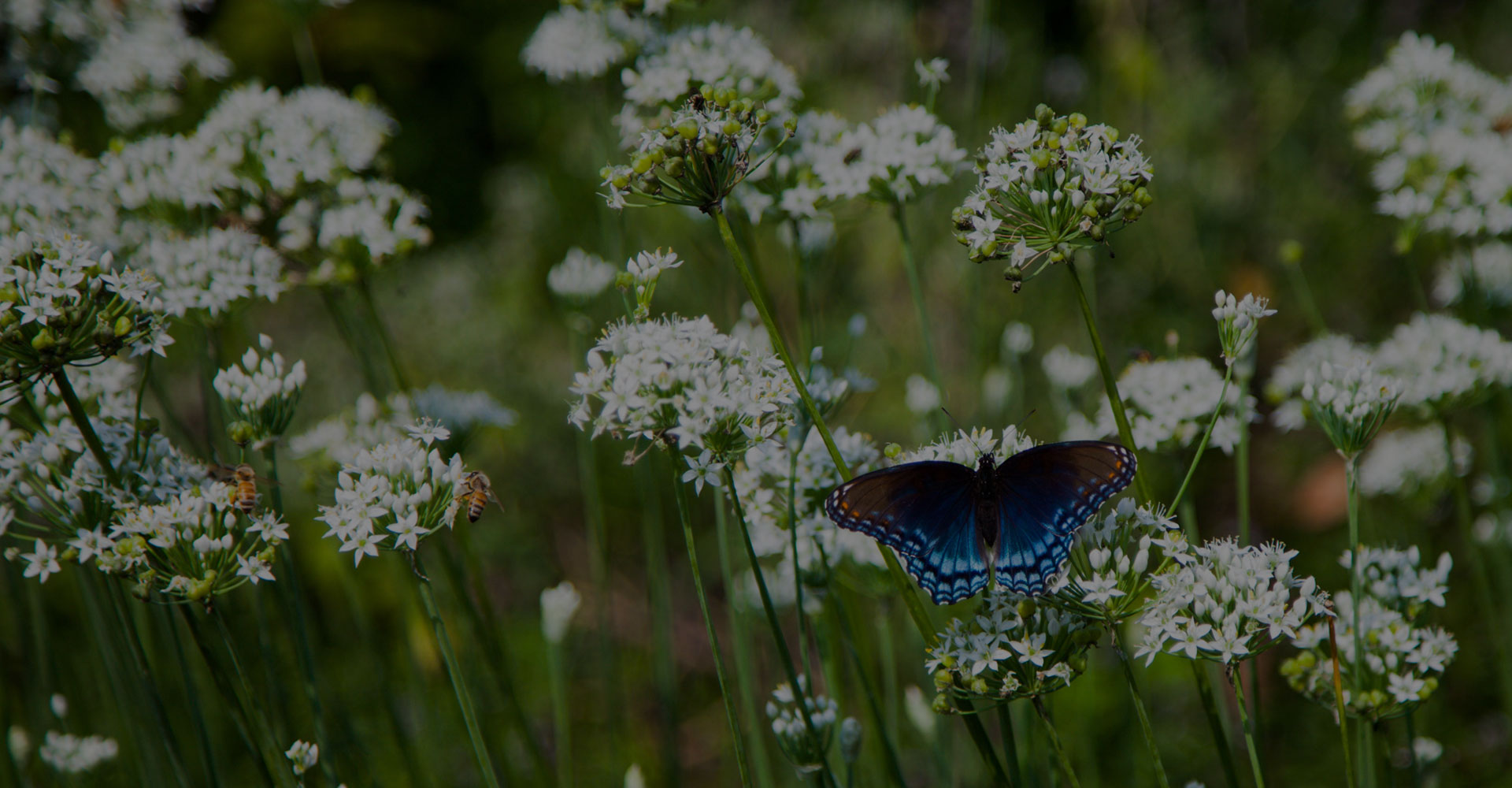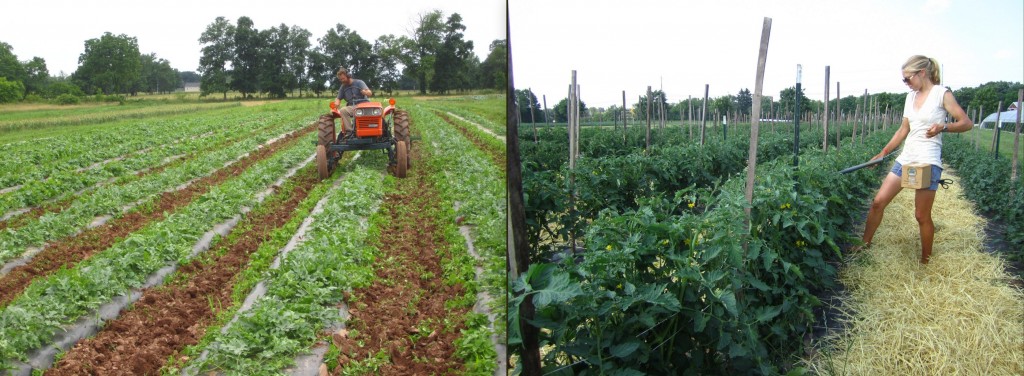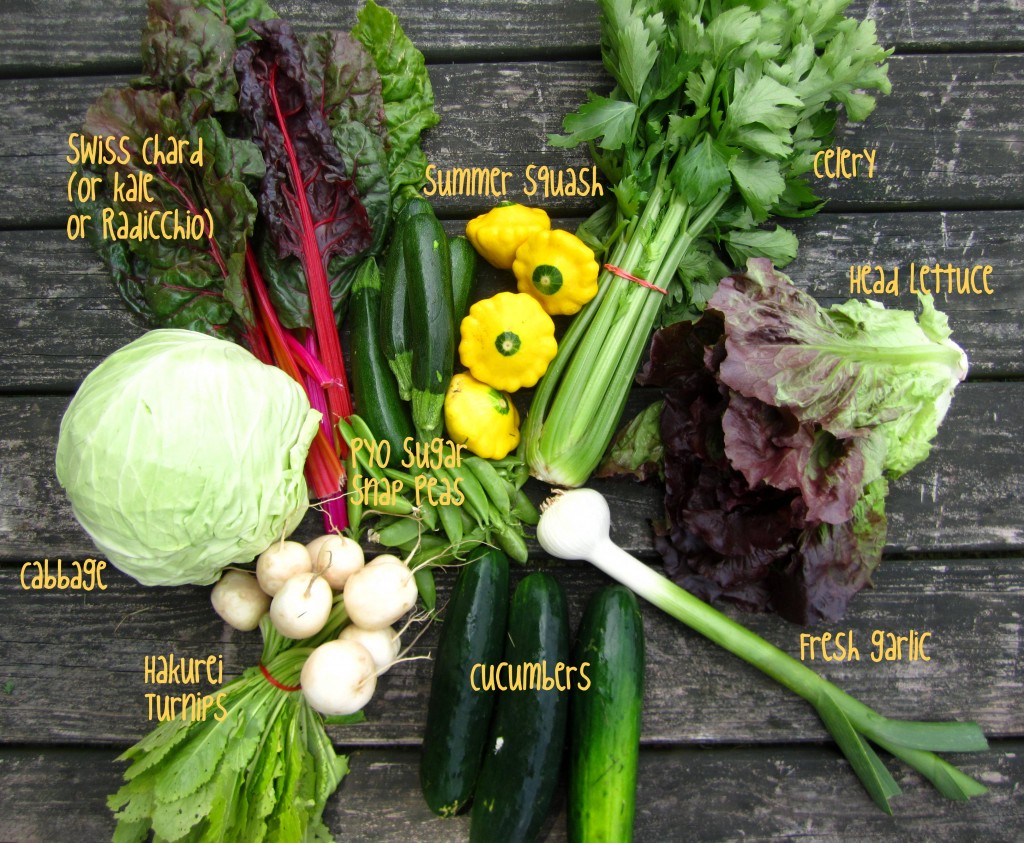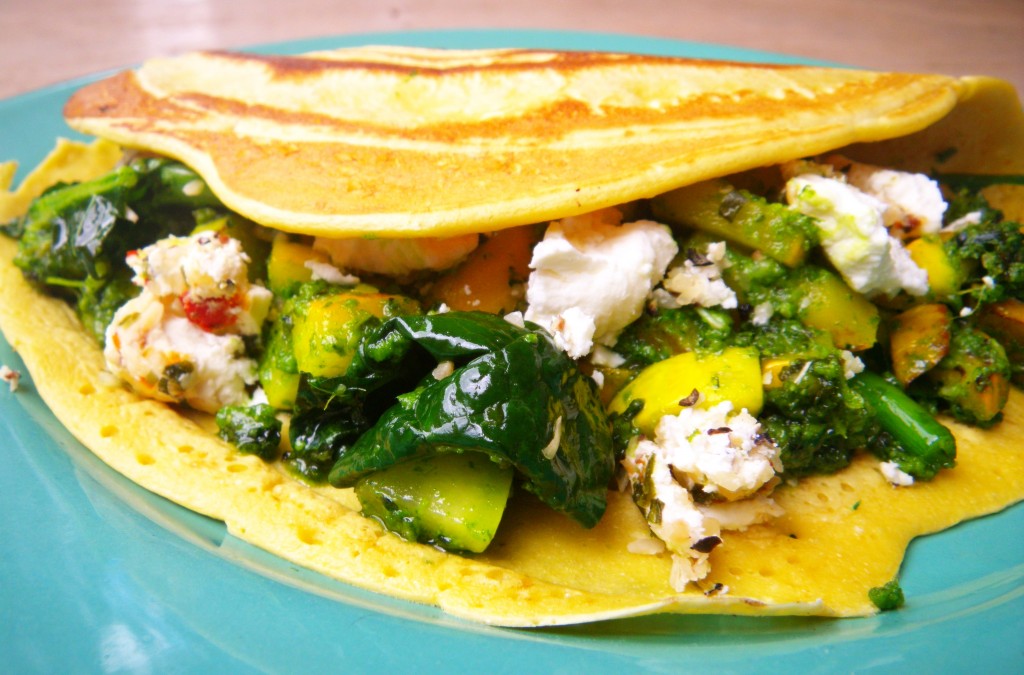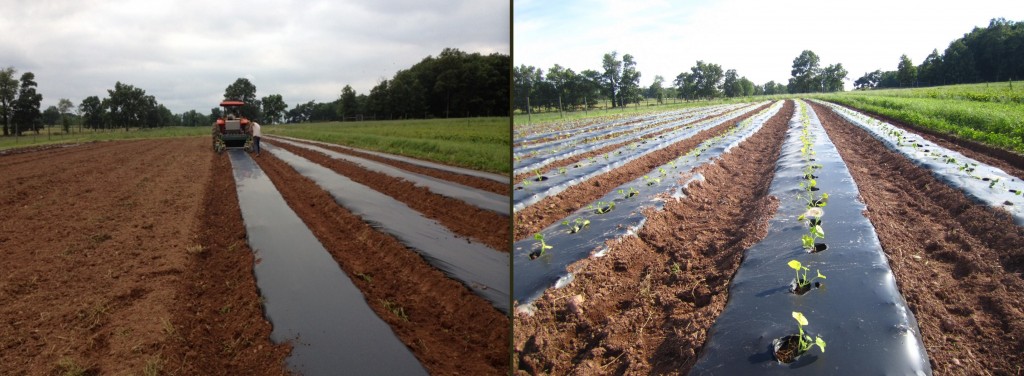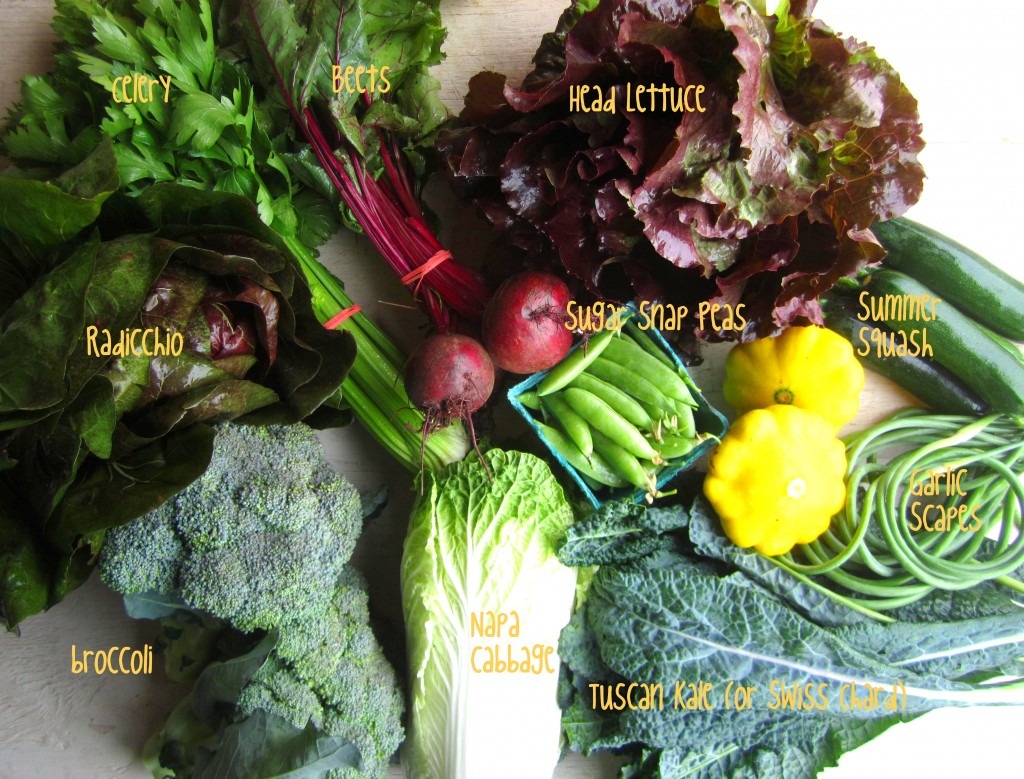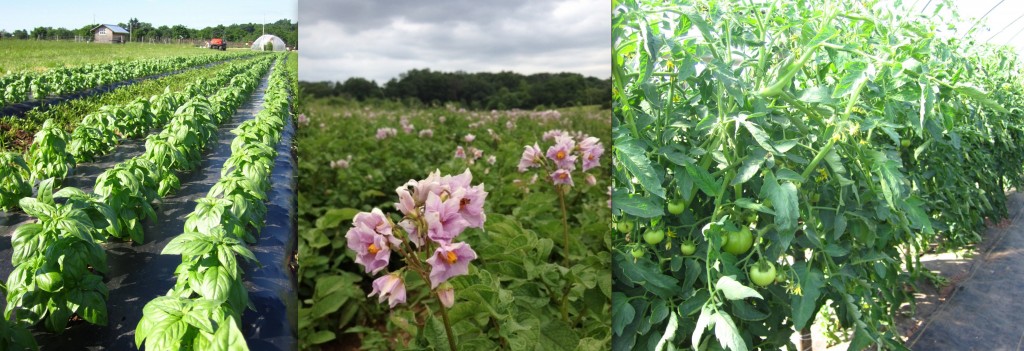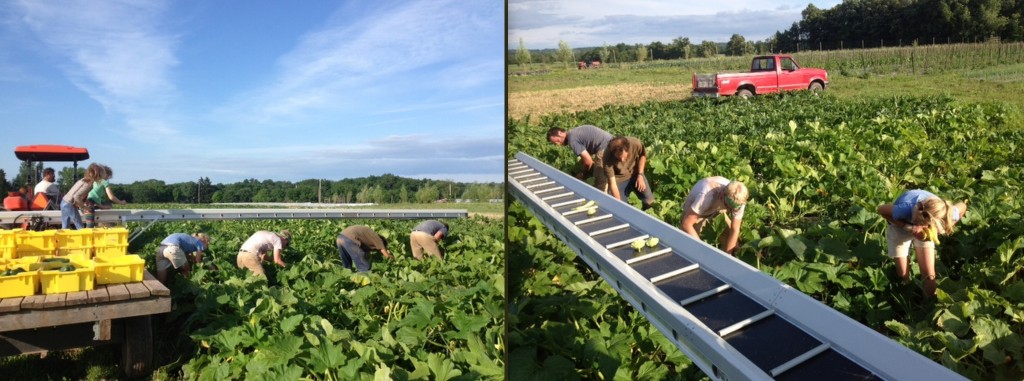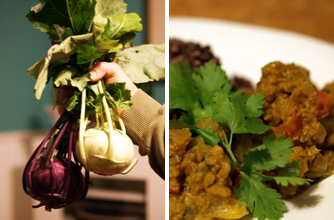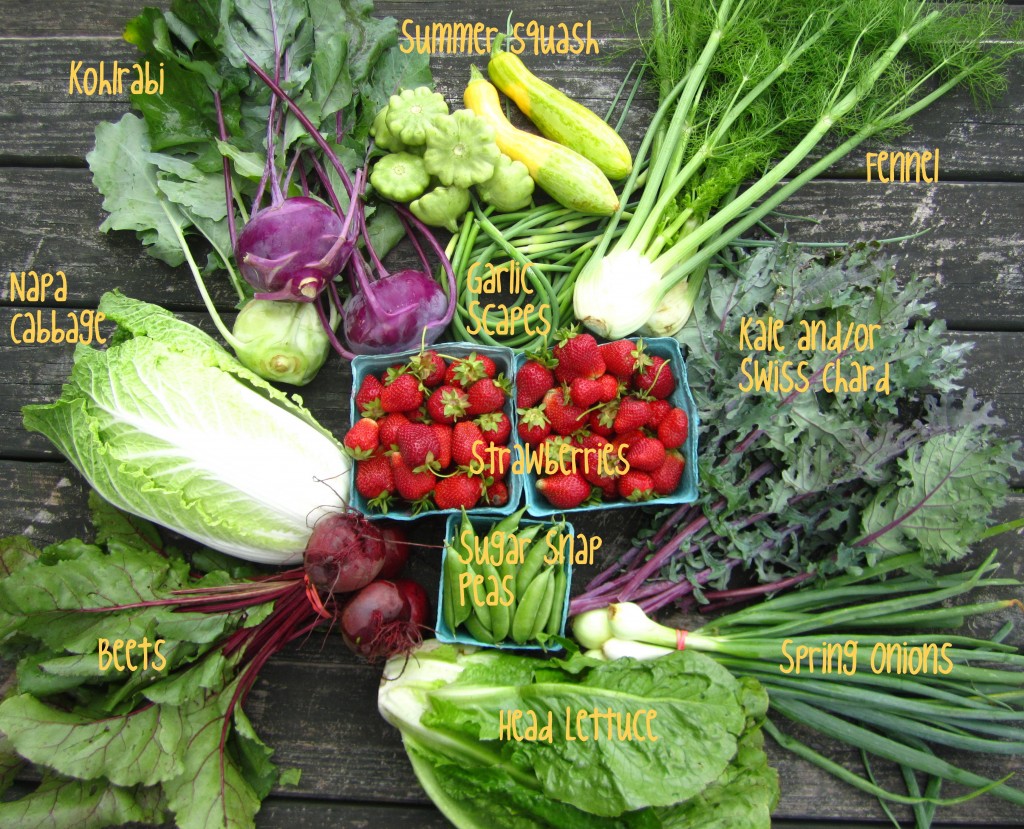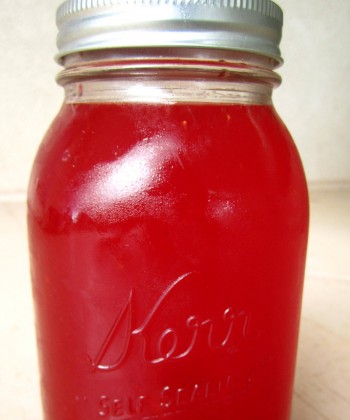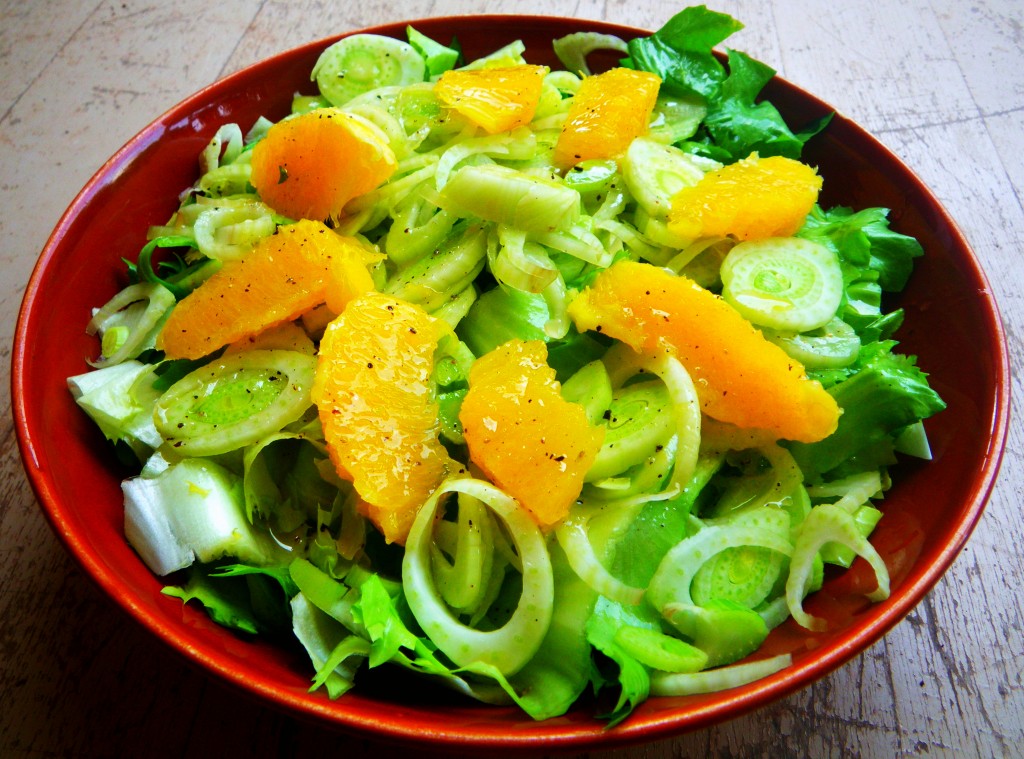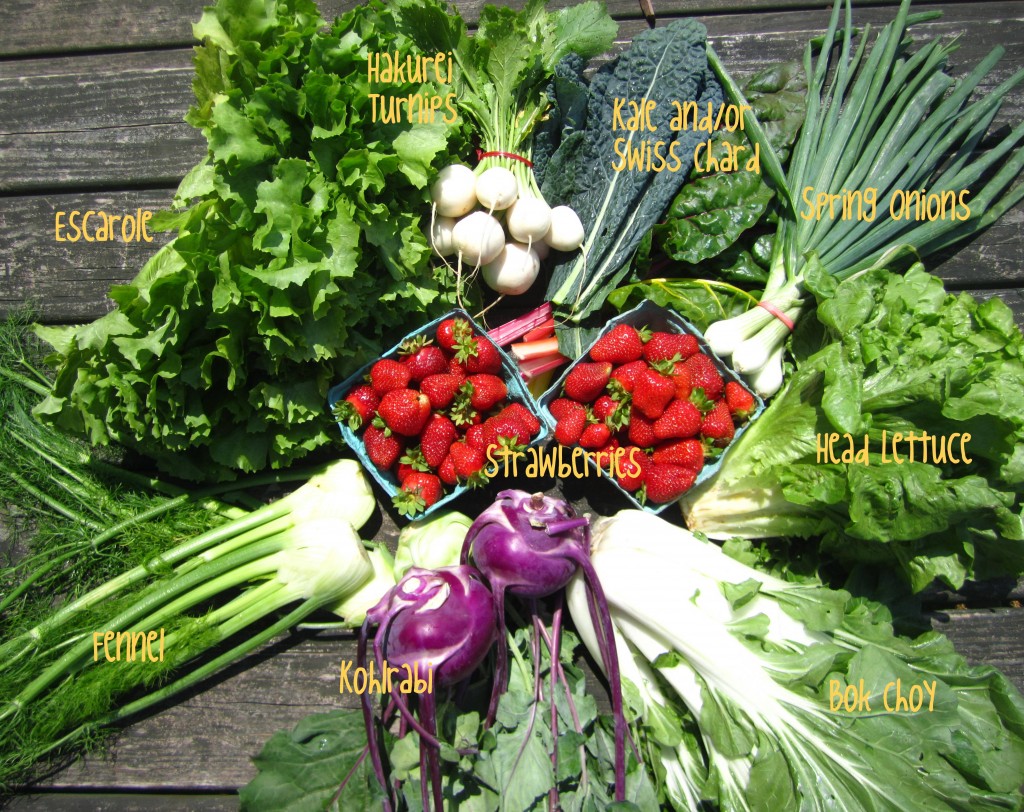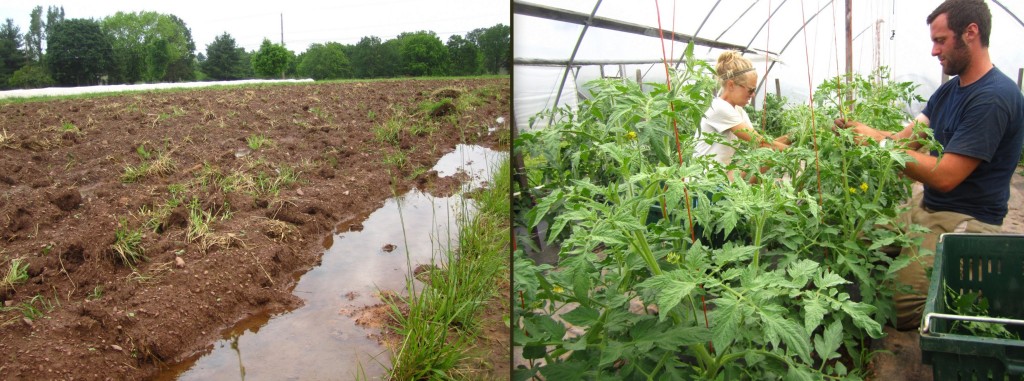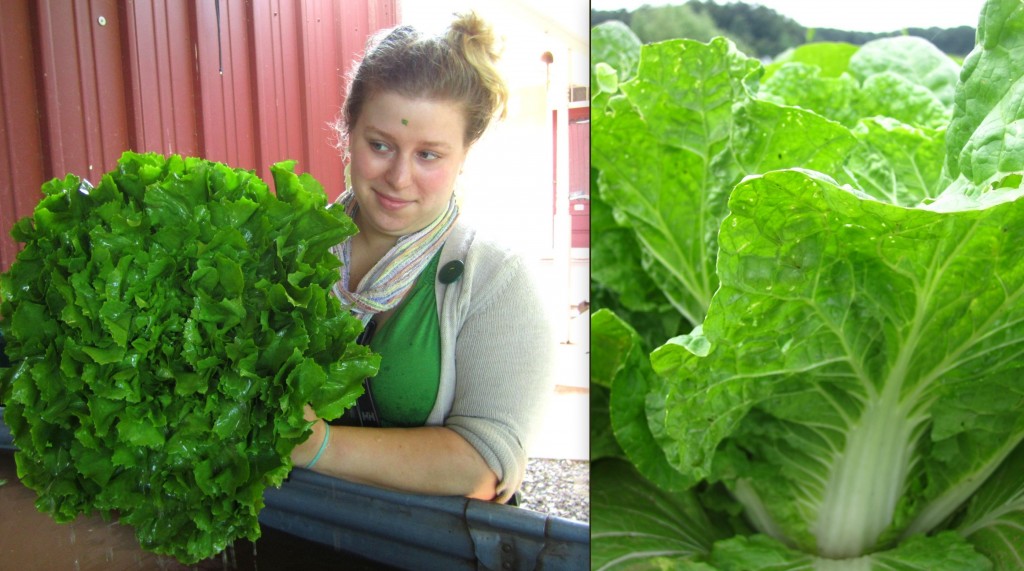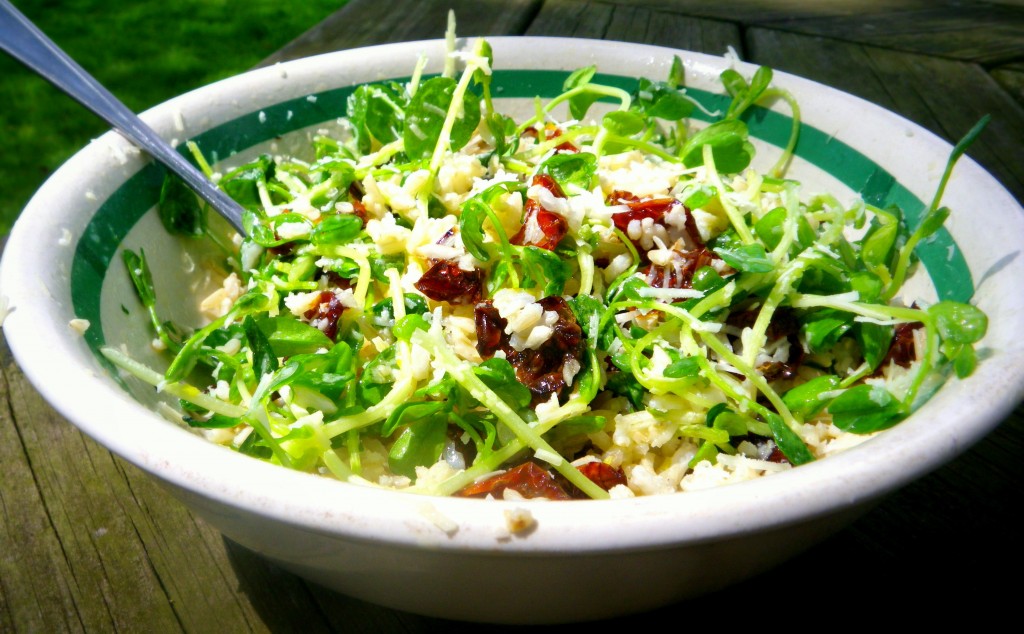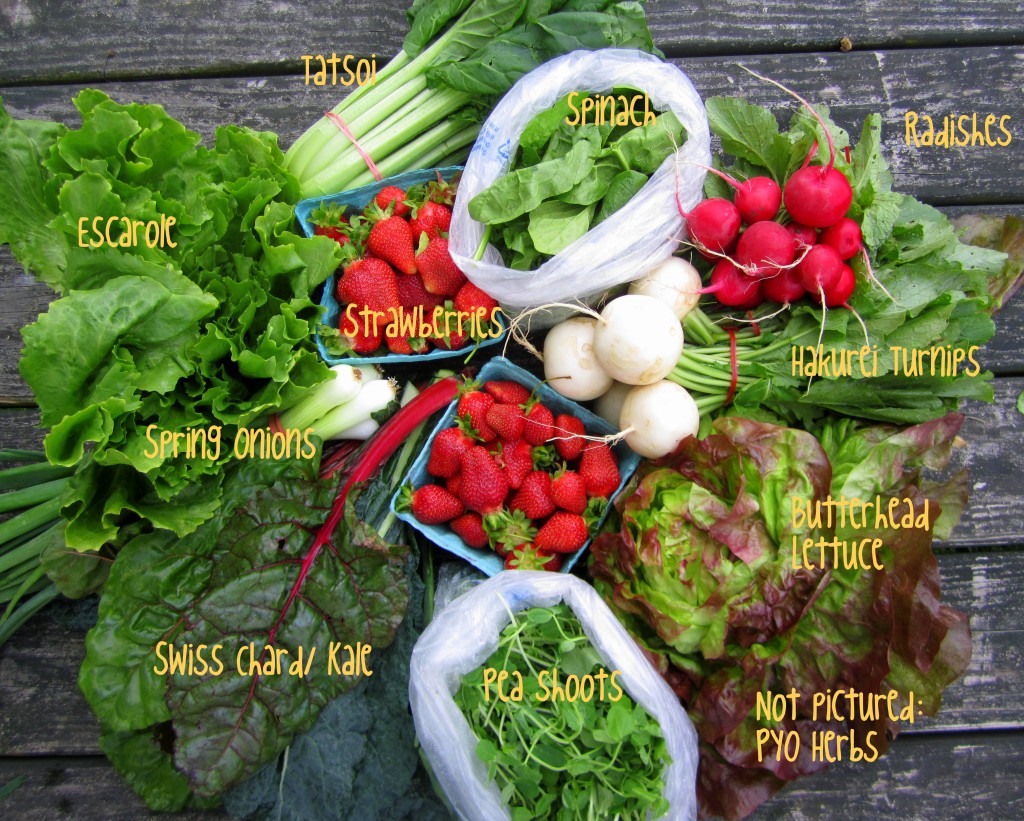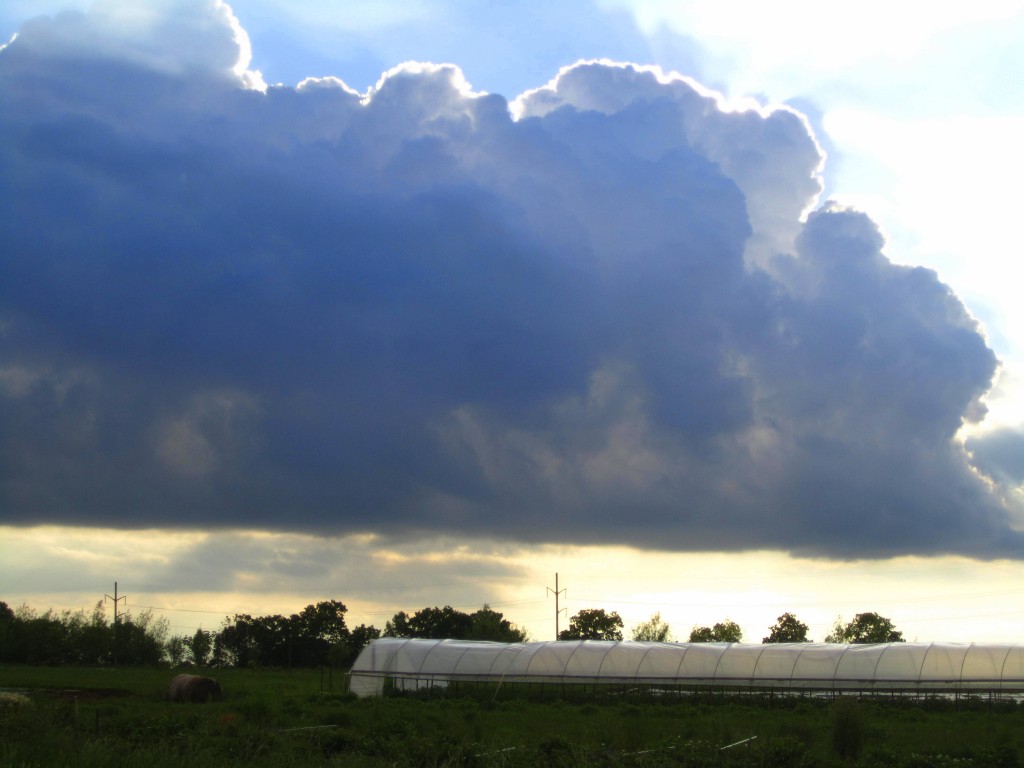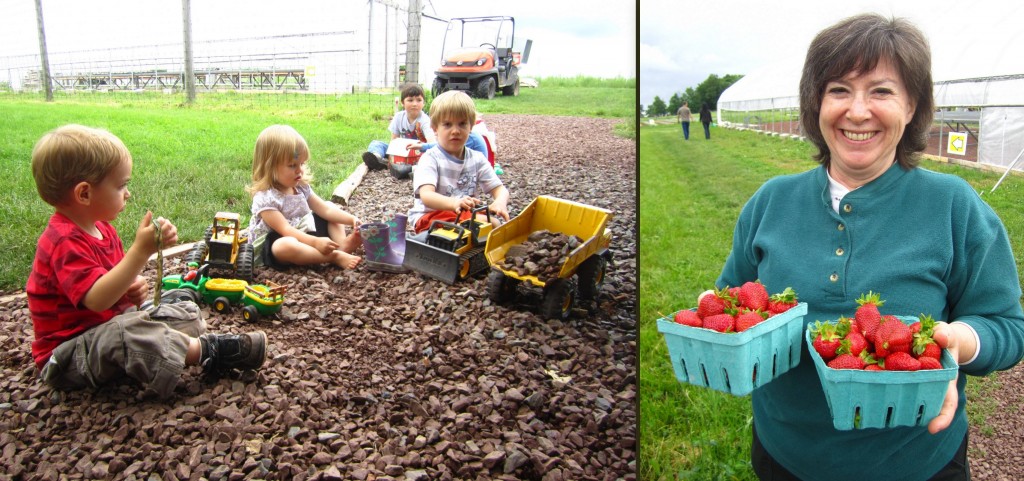20 Jun Share week 6: Summer Solstice
Summer Solstice is upon us, the longest day of the year. With it comes the first heat wave of the season, a strong reminder of the sun’s power. The evening light glows until past 9:30 pm, highlighted by the flashes of fireflies flickering above the fields, and often punctuated by the steady buzz of the tractor as Farmer Tom works late into the cooler evenings. Here at the farm the summer solstice is the peak of planting time- we are on just the last few pages of our planting chart- a chart that begins in February with onion and celeriac seeding. Today the farm crew harvested a few thousand cucumbers- truly a welcome sign of summer. You can almost sit and watch the tomatoes growing, and I confess, we ate the first ripe heirloom tomato from the greenhouses! The field tomatoes are all trellised on a system called the weave- we can chart the growth of the tomatoes by how quickly we need to add layers of string. The crops aren’t the only thing growing at the farm- it’s a battle to stay on top of the weeds. Most of the weeds are pulled by hand, but the weeds in the aisles between the beds are cultivated with a tractor….the rainy weather kept us out of the fields and the weeds got ahead of us. Now we play catch up.
The share this week has the first of the garlic- we pulled the bulbs fresh- you can peel them and use the moist aromatic cloves just like you would regular garlic.
Happy Summer Solstice! The bounty of the summer season lies ahead of us- the flowers, the fruits, and all the wonderful vegetables we will enjoy this season. In honor of the summer solstice, and those beautiful, sprawling, flowering, melon vines, I found this poem.
Night in Day
by Joseph Stroud
The night never wants to end, to give itself over
to light. So it traps itself in things: obsidian, crows.
Even on summer solstice, the day of light’s great
triumph, where fields of sunflowers guzzle in the sun–
we break open the watermelon and spit out
black seeds, bits of night glistening on the grass.
Photos and text by Tricia Borneman, Blooming Glen farmer and co-owner.




